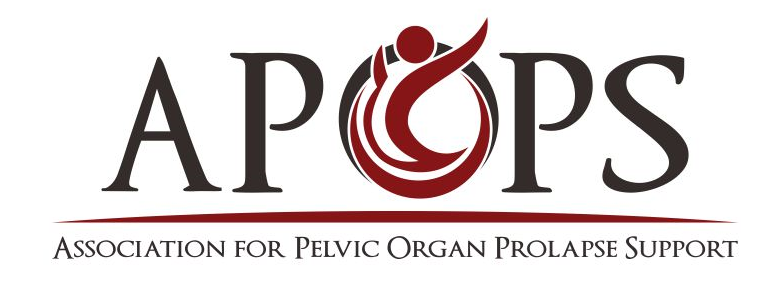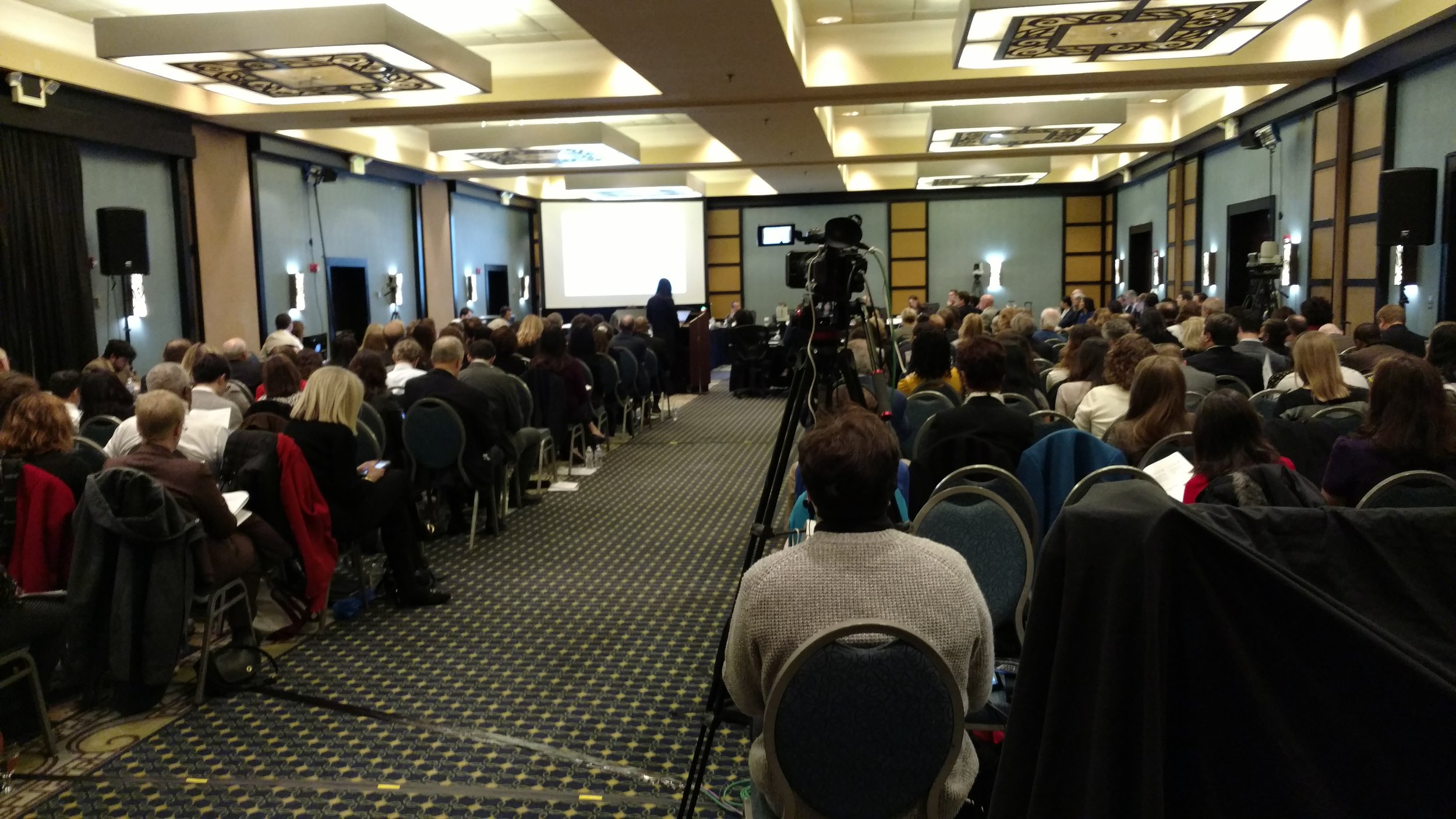FDA Obstetrics and Gynecology Devices Panel Meeting,
February 12, 2019.
Following is the speech given by Sherrie Palm at the FDA Obstetrics and Gynecology Devices Panel transvaginal mesh meeting on February 12, 2019.
“I’m Sherrie Palm, the founder of the Association for Pelvic Organ Prolapse Support (APOPS). Neither me nor APOPS has any financial conflicts of interest. In full disclosure, I am a transvaginal mesh success story, 11 years post transvaginal mesh cystocele and rectocele repair, and native tissue enterocele repair.
Pelvic organ prolapse is not an American women’s health issue, it is a global women’s health pandemic. Since 2010, APOPS has been engaging with women, healthcare, academia, research, industry and policy, a 177 nation strong network. The women we serve are mid-teens through end of life, navigating every diverse POP issue, including the mesh vs native tissue debate. APOPS has considerable following in the UK and Australia; obviously mesh comes up regularly.
I submitted documents to the committee, but I also wanted to give voice to the voiceless today - the women who have had successful transvaginal mesh surgery. The majority of the women in our space who have mesh are happy with their procedures and move on with their lives, rather than engage in the hostile energy quite prevalent in anti-mesh forums and the media.
Everyone attending this meeting is aware that POP has pandemic-like prevalence of 40-50%. The stigma of pelvic organ prolapse symptoms continues to shroud POP in silence despite nearly 4000 years on medical record. I implore the committee to analyze mesh controversy through a progressive lens. Millions of women experience POP, millions will need surgery in coming years. I assure you that behind APOPS curtain, women are becoming empowered and vocal. And they deserve treatment options.
Consider the ramifications of POP awareness going mainstream as the result of media exposure clarifying POP prevalence, symptoms, and quality of life impact on a program such as 20/20.
Consider the ramifications to healthcare, the insurance industry, policy, and women’s wellness protocol that will arise if 30% of the millions of women having surgery need repeat procedures because mesh is no longer an option.
And consider the ramifications of women needing repeat surgery but who choose to forgo it because they don’t want to replicate the discomfort, expense, and downtime of prior failed procedures (note plural, often women need more than one repeat procedure post native tissue repair).
The evolution of healthcare typically follows a long and winding road, often under construction.
Unfortunately, in medicine, we don’t know what we don’t know, and the nature of healthcare, as in any other system, is to evolve step by step. It is imperative throughout this process that patient voice continues to be enabled and respected, to effectively and efficiently identify issues that must be addressed, and that includes the voices on both sides of the mesh debate.
As I mentioned at the FDA meeting in 2011, my heart goes out to the women with mesh complications. I’ve spent considerable time communicating with many of them, and it is pivotal that we listen to their voices. However eliminating beneficial procedures from POP treatment options that benefit the majority of women is not the answer.
We must not let overseas energy influence due process stateside. The health status of millions of women hangs in the balance of decisions made by this committee. I implore the committee to consider the voices of the silent majority, and to recognize that as a country, we have and should continue to move forward, addressing issues, leading the global charge to evolve best practices. There is no doubt, the next significant evolution of women’s pelvic health screening, treatment, and wellness directives looms large. It is APOPS opinion, as well as my humble opinion, that transvaginal mesh, including for cystocele repair, should continue to be an option on the table. Every Voice Matters.”
#APOPS


